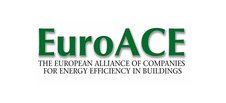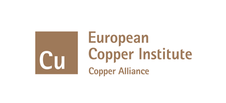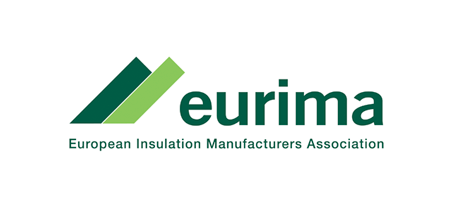Search eceee proceedings
How carbon tax could contribute to greater CO2 and electricity savings in Switzerland?
Panel: 2. Policy: governance, design, implementation and evaluation challenges
This is a peer-reviewed paper.
Authors:
Alisa Yushchenko, University of Geneva
Martin Patel, University of Geneva, Switzerland
Abstract
There is a large body of research on defining optimal carbon tax rate, while the question of finding optimal ways to use carbon tax revenue received less attention. In practice we see different ways to use carbon and energy taxes by the states. In Switzerland, the carbon tax is paid by consumers of fossil fuels for heating purposes. In 2008-2010 carbon tax revenue was fully redistributed back to the energy consumers. Since 2011 about 30% of carbon tax revenue is used to finance energy efficiency and renewable energy programs (EEREP), while the rest is redistributed to the energy consumers. As another energy policy objective, Switzerland announced the phase-out of nuclear power by 2030s. With a current share of nuclear power generation of about 40%, Switzerland is now searching for solutions to replace nuclear energy by energy savings and renewable energy sources. This raises the question whether it would be advisable to use a higher share of the carbon tax revenue for financing EEREP in order to reach more effectively the climate and energy policy targets?
It is the objective of our study to estimate the potential decrease in CO2 emissions and electricity consumption in Switzerland if the carbon tax revenue, which is nowadays redistributed to energy consumers, was used to finance EEREP. We first describe data sources and our approach to estimate the budget available for financing EEREP, as well as the potential CO2 emission reduction and electricity savings. We further present the results and compare them to Swiss climate and energy policy targets. Finally, we discuss our results from the policy maker’s perspective.
Downloads
Download this paper as pdf: 2-437-17_Yushchenko.pdf
Download this presentation as pdf: 2-437-14_Yushchenko_presentation.pdf
Panels of
1. Foundations of future energy policy
2. Policy: governance, design, implementation and evaluation challenges
4. Mobility, transport, and smart and sustainable cities
5. Buildings and construction technologies and systems
6. Buildings policies, directives and programmes
7. Appliances, products, lighting and ICT
8. Monitoring and evaluation: building confidence and enhancing practices























